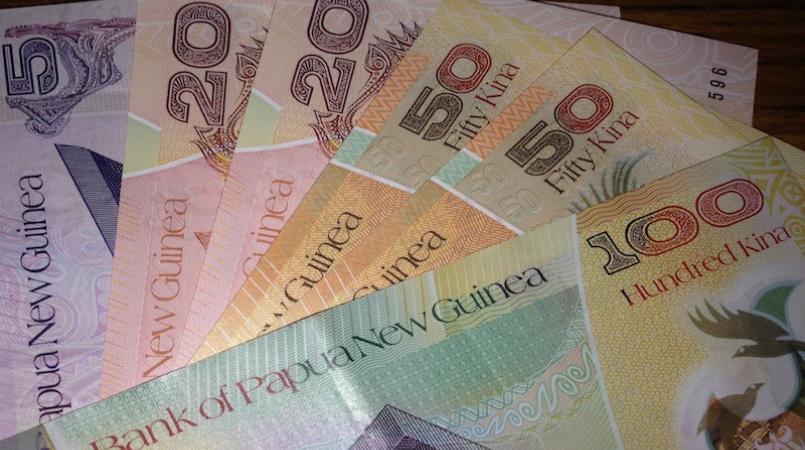
An International Monetary Fund (IMF) visiting team to Papua New Guinea says the Government’s 100-Day Economic Stimulus Plan will help cut the 2017 fiscal deficit significantly.
The team, led by Scott Roger, project coordinator at the Pacific Financial Technical Assistance Centre in Fiji, visited Port Moresby between August 31st and September 14th as part of the IMF’s Article IV Consultation.
They stated the plan is a welcome initiative and that further reductions in the deficit will be needed in the next few years by bringing down public sector wage costs and strengthening the revenue base.
They also said the monetary policy should aim to support greater exchange rate flexibility.
“Papua New Guinea faces significant economic challenges in the short term, but also the opportunity, with a newly-elected government, to put in place policies that will benefit the country over the long term,” says the team.
“A twin track approach should include near-term actions to address the persistent fiscal deficit and shortage of foreign exchange, as well as measures that will not have an immediate pay-off, but that will put the economy on a sounder footing over the medium term.”
The visiting team anticipates sluggish growth between 2017 and 2018 averaging around 2.4 percent based on weak commodity prices, fiscal restraint and the adverse impact on foreign exchange shortage.
Inflation is projected to ease towards the core rate of around 2-3 percent and a large current account surplus will continue, together with a corresponding large outflow on the financial account.
“Against this background, the mission welcomes the government’s 100-Day Economic Stimulus Plan to begin addressing both the short-term macroeconomic challenges and the longer-term promotion of sustainable and inclusive growth.
“In particular, the mission endorses the decision to substantially scale back the regional and district grant programs, which were ramped up on the expectation of much higher natural gas revenues than have eventuated.
“Equally welcome is the intention to strengthen PNG’s economic base, focusing on the non-resource sector.
“In the mission’s estimation, the measures envisaged in the 100-Day Plan will cut the 2017 fiscal deficit significantly to a little over 3 percent.
“To stabilise and start bringing the public debt-to-GDP ratio down below the statutory ceiling of 30 percent, however, the government should target a budget that is close to balance by 2020.
“Action will be needed to raise tax revenues and cut expenditures. On the revenue side, measures to improve tax compliance should be pursued vigorously. On the expenditure side, rapid action is needed to reverse the ballooning of public sector wage costs in recent years.
“Care needs to be taken to ensure delivery of basic health, education and public security services, but it is also evident that there is substantial room to reduce inefficiency and leakage.
“The mission recommends increasing PNG’s exchange rate flexibility. Foreign exchange shortages are delaying economic recovery.
“Moreover, losses in PNG’s external competitiveness over the past few years threaten the government’s longer-term objective of strengthening the non-resource sector. At the same time, recognising that exchange rate adjustment can adversely affect inflation, the mission recommends a gradual approach, aiming to restore a competitive level of the exchange rate, and complete elimination of foreign exchange shortages by 2020. Steps should also be taken to reduce excess liquidity and strengthen BPNG’s operating framework.
“The mission also strongly supports the government’s intention to strengthen its revenue base over the medium term.
“To achieve its Sustainable Development Goals, PNG will need to harness significantly higher revenue from the resource and non-resource sectors in an efficient and equitable manner.
“This will take some time but with adequate resourcing and external technical support, including from the IMF, it can be achieved over the medium term.”
The IMF Executive Board is expected to discuss the 2017 Article IV Consultation in December 2017.
(Loop file pic)
